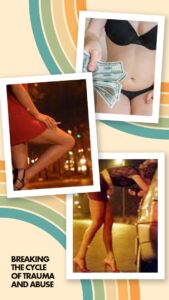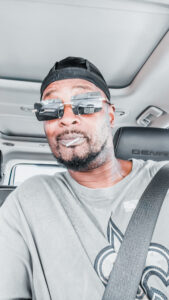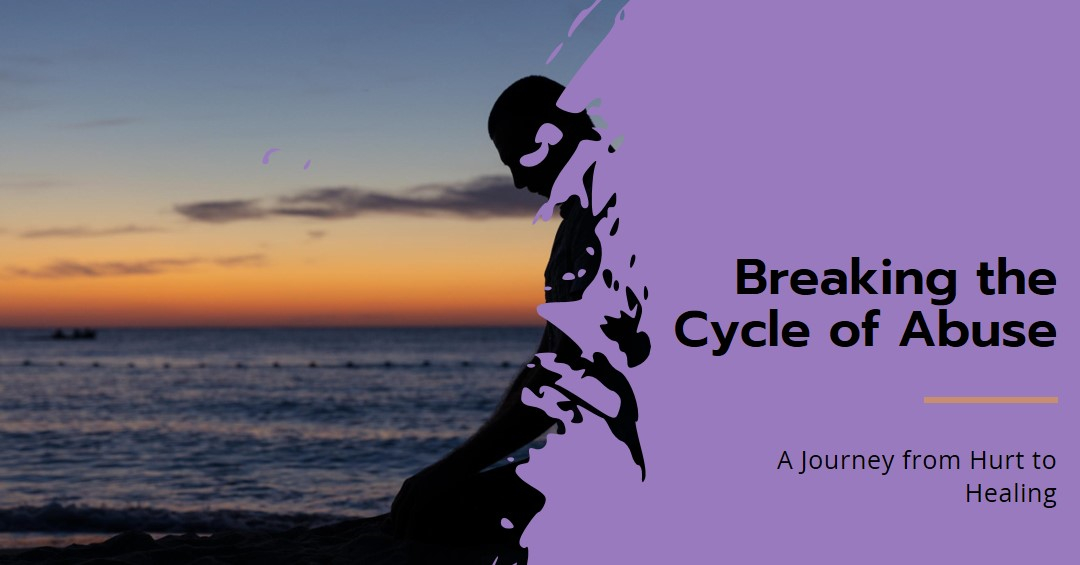
The Unseen Cycle: From Child Abuse to Adult Drug Abuse – A Harrowing Look into the Link
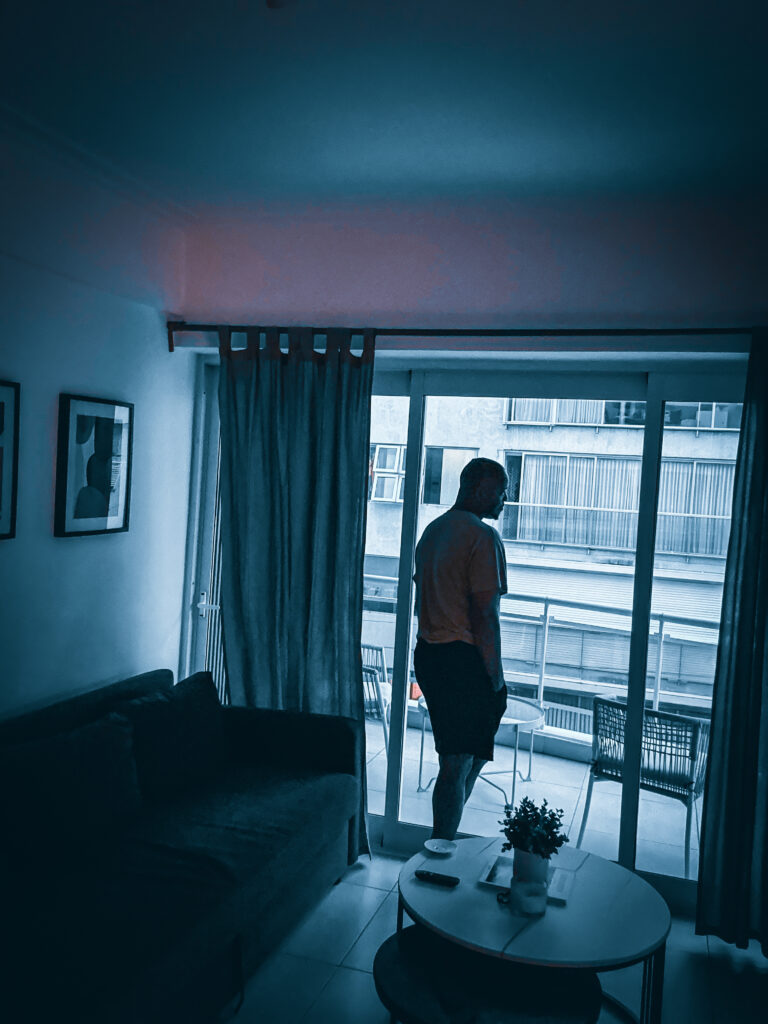
K Tyler
In my second year of high school, I was attacked and raped by a stranger while returning home from a park off Mount Houston. Despite being brave, I took off alone to ride my bike, a decision that has impacted my life to this day. The events remain unclear, but at 16 years old, I was young and dumb.
Are you your brother’s Keeper?
“As a human, whether as a brother, sister, husband, or wife, you need to be aware of the stories you don’t want to hear. They are the stories of joy and pain, sadness, and struggle that may be difficult to hear, but by listening and showing empathy, you can provide support and comfort to those sharing their experiences. By telling stories, we can connect with others and understand their feelings. So, even if it’s hard to hear, be willing to listen and be there for those who need to share their stories.”
Through no fault of my own, I found myself in a life-and-death situation that has impacted my life to this day. As I was returning home from the park off Mount Houston, a stranger attacked and raped me. We were brave souls in the day, venturing off alone, with family members, or with friends, but on this day I wanted to ride my new bike, so I took off alone without the least bit of concern in the world. The events are still fuzzy in my mind, but when I was attacked and assaulted, I was 16 years old. I was young, and I was dumb. But I was so distraught because I just knew nobody would understand how I let that happen to me.
The only thing I cannot recall from my adolescent years about being sexually attacked is why I didn't resist my captor anymore. Was it true that I was afraid of death? Why didn't I try to take his weapon? I cannot remember. All of those memories were during my second year of high school, and through no fault of my own, I found myself in a life-and-death situation that has impacted my life to this day. I was unable to confide in anyone in my family or social circle. I was well aware of what it seemed like to be on the set of a soap opera with children as the main characters. As a child of the 1970s, there was no structure in place for male Americans of African origin when it came to victim assistance. In the black community, this was taboo.
I felt isolated and alone in my struggles, unable to seek help or support from those around me. It was a heavy burden to carry, feeling like I had to navigate through life's challenges on my own. This was something that no one in the family ever brought up, but the youngster who was attacked would be the one to endure most of the embarrassment. As an American of African descent in the 1970s, this was the norm. For many years, I resisted accepting the possibility that I was gay because I was not gay because of what had occurred to me. As a result of the assault, I sank into deep despair, unable to escape it because I had a secret that no one, not even my grandmother, could trust me with.
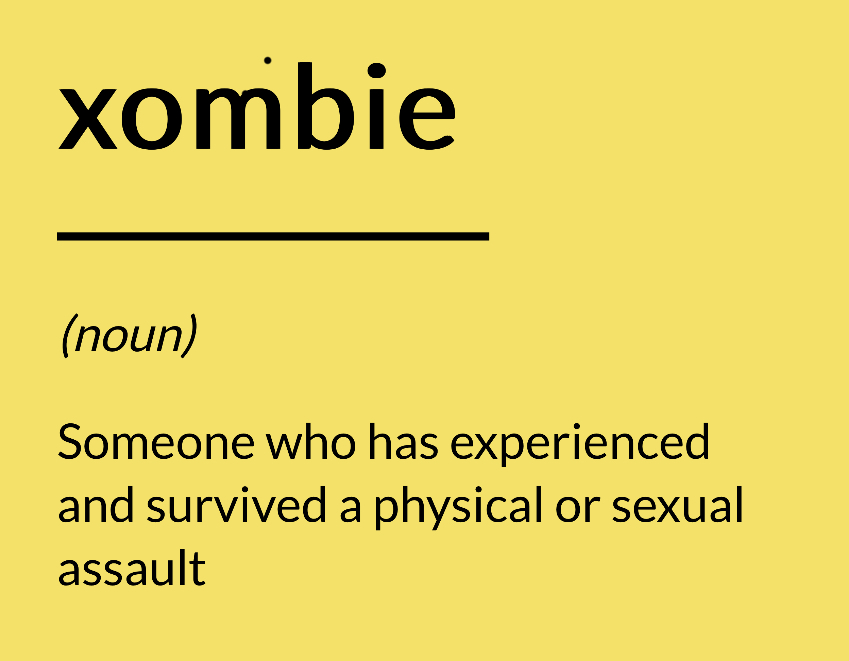
It breaks my heart to think that she went to her death without knowing the truth about what had happened to me. All black families shared one thing in common during this time period, “family secrets” Tales of children born out of wedlock, incest, and rape were secrets that were kept to the grave. It was years after my grandmother's death that i found that she was the product of rape at the hands of her mother's white “master” Yes, it was a different time, as in the words of many politicians today, I wonder if this is what they mean when they refer to the “good old days” A stark reminder of what our ancestors had to do to survive during the late 19th and early 20th century
My grades dropped significantly, to the point where I knew that I would not graduate with my class. My behavior was not consistent with one that wanted to live, wanted a life, and wanted a future. The catch was that no one in my family felt my distress, no one in my family could hear my cries at night, and no one in my family could ever know my pain and suffering, which was substantial, to say the least. I was trapped in my own hell, with no visible means of escaping. I knew this long before my senior year. In a way, I was at a point of no return in my life, and I did not care anymore. I had lost all hope and felt completely isolated, with no one to turn to for support or understanding. It was a lonely and dark place to be, but I had resigned myself to the fact that this was my reality.
However, during my three-and-a-half-year tenure in the high school process, I remember having a counselor but not being counseled. As a student at both of the high schools I attended, no one approached me and asked, "How are you doing?" Or, perhaps, inquire as to "what my life's ambitions were?" "What are my professional aspirations"? As a result, it is easy to see how this "organization" wouldn't be able to meet my needs in the event that I came forward to report my rape. If this had happened, it would have been political and social suicide. My brother noticed a change in me but never confided in me.
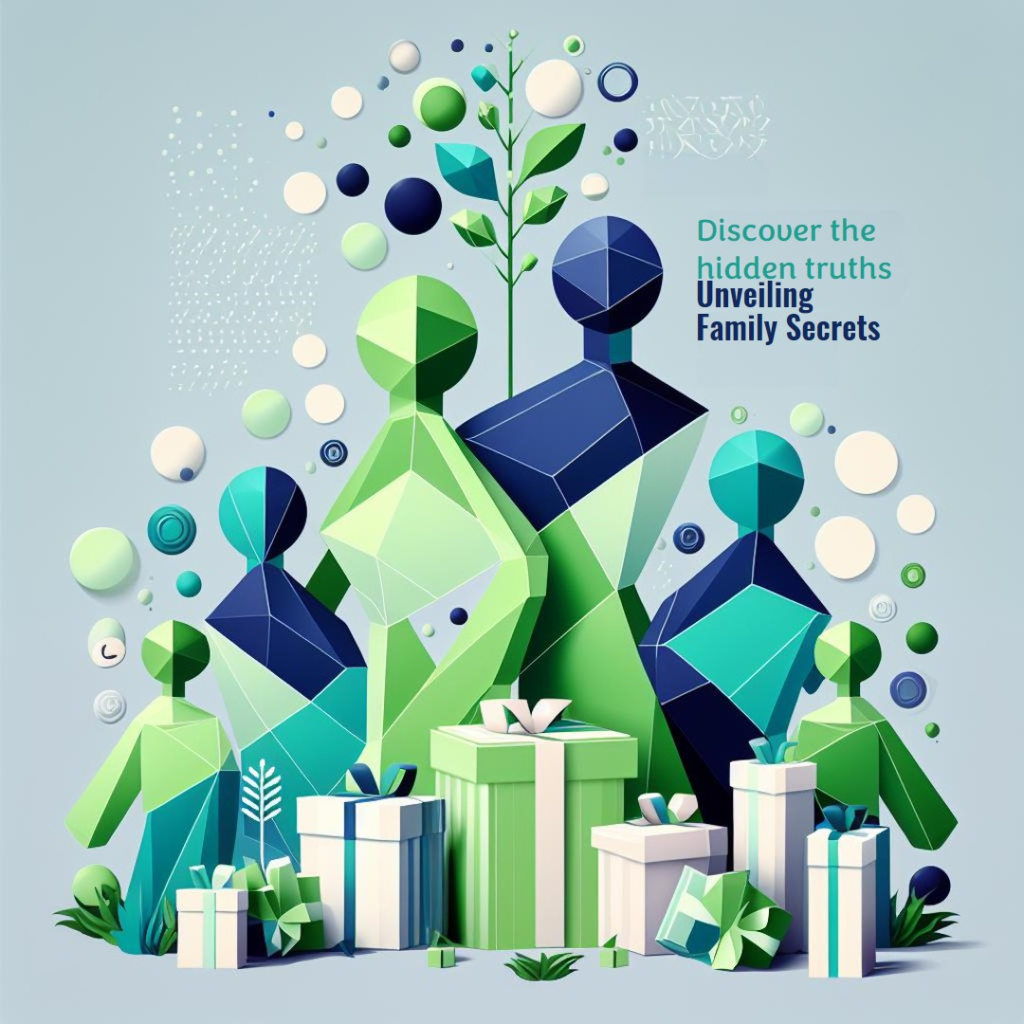
Many years later, he would say that I had changed when I was younger, but he had no answer as to why. I could not even tell my brother what I had been through and the hell I faced every day just living and trying to survive. I stopped laughing as much, and I stopped writing, which was something I loved to do. I basically had to figure things out as a child about how to become a man with this pain. I had no one in my corner. I had a cousin that I was close to, but he was such a narcissist that I knew he would hold it against me and make my life more unbearable than it was at the time.
There were no secrets in high school. Mary Brantley High School was in the process of becoming an all-minority campus compared to my first-year student year in 1975, when 70% of the school was Caucasian; by 1979, the rate was 35% Caucasian and steadily dropped year after year. My ethnic group followed me from Northwood Middle School and Oak Village Middle School in Northeast Houston. I dare say that school life was not easy, but it was manageable. I had sports to keep my mind occupied. I was not part of the "cool" crowd, but I was into sports, so that kept me visible on campus.
At that point, I had never heard of anything like male rape. In the 1970s most information about life outside of my neighborhood came from watching TV and movies. I considered what had happened to me to be so heinous that I was afraid to ask for help for fear of upsetting my own peers. Male rape victims were not mentioned in the school's pamphlets regarding rape. Looking back on my high school years, I can see how the school, the school system, the North Forest Independent School District, and the City of Houston failed me as a student, as a person, as a victim, and as a child.
For instance, a male student who was the victim of a classmate's rape might have suffered in silence because he was unable to seek assistance or support from the institution. The lack of acknowledgment and resources for male victims of sexual violence could have exacerbated his trauma and prevented him from getting the help he needed to heal and move forward. The lack of support and resources for male rape victims in high school was a glaring oversight that perpetuated the stigma and silence surrounding this issue. It is crucial for educational institutions to address all forms of sexual violence and provide appropriate assistance to all survivors, regardless of gender.
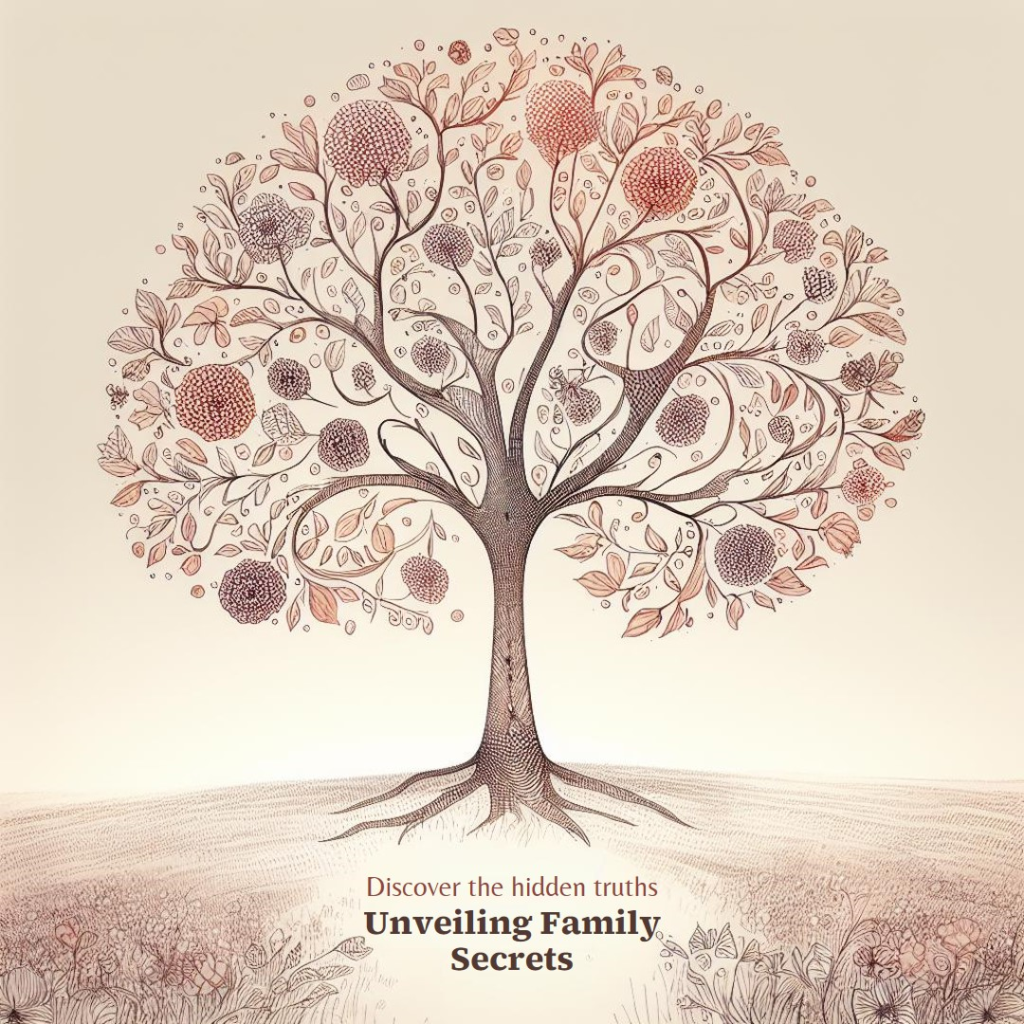
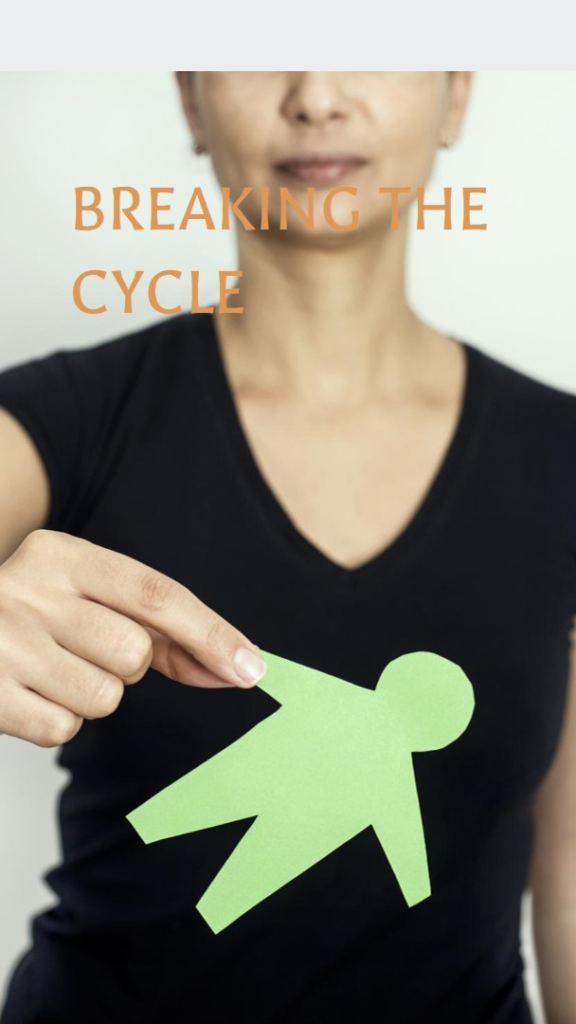
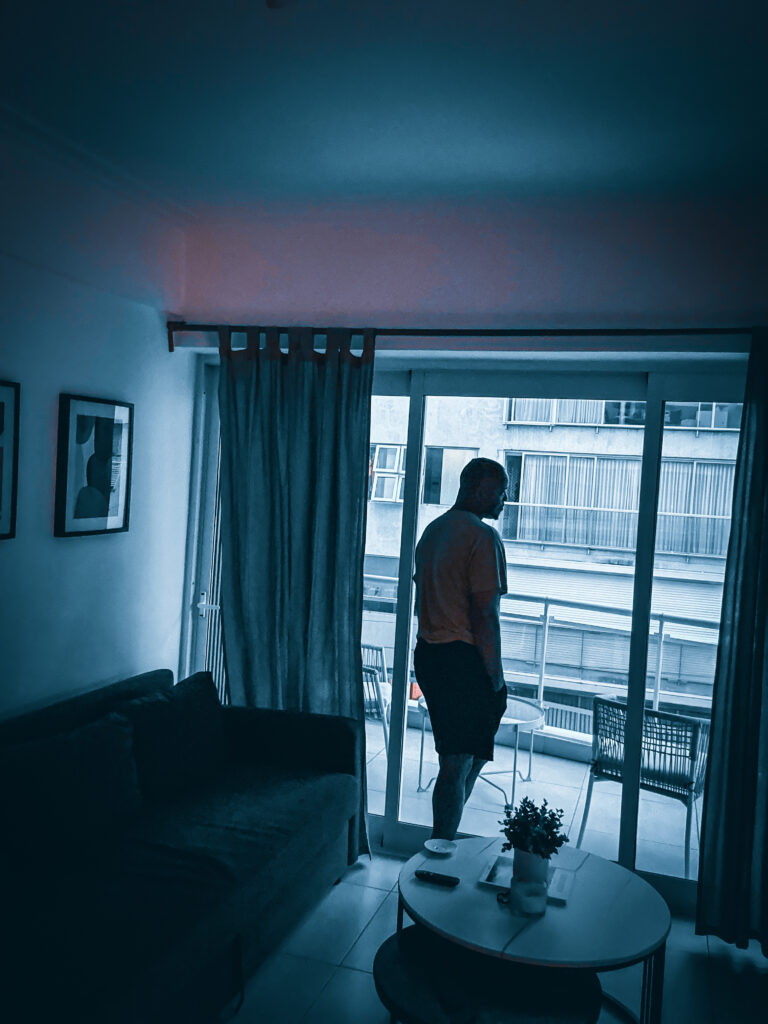
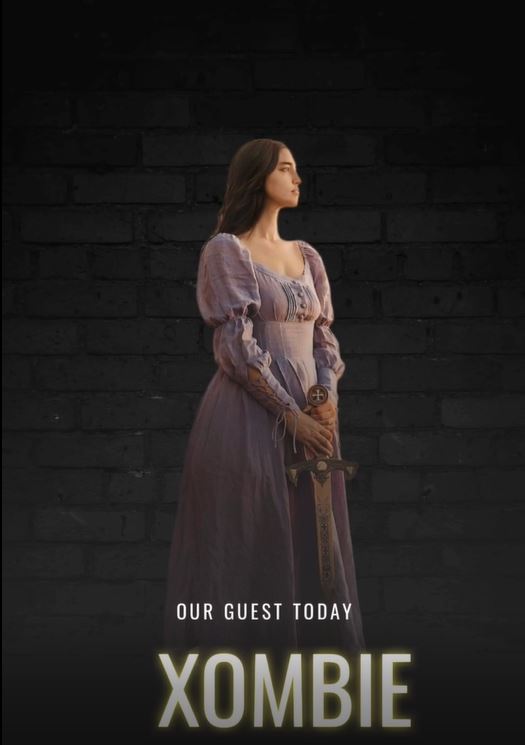
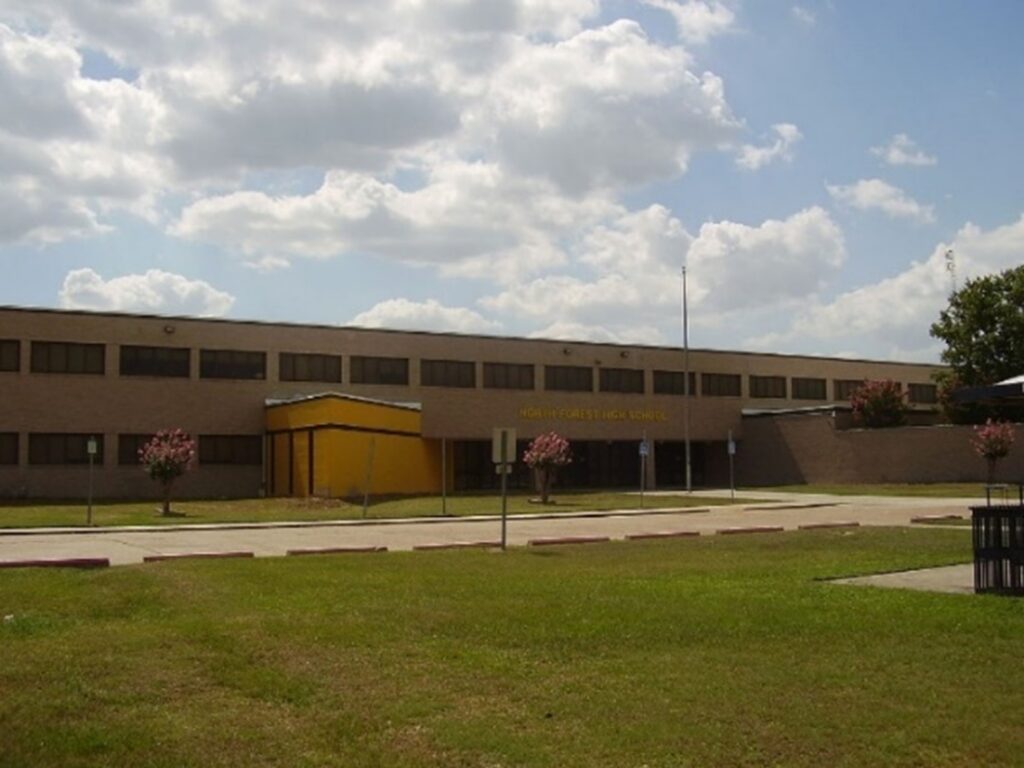
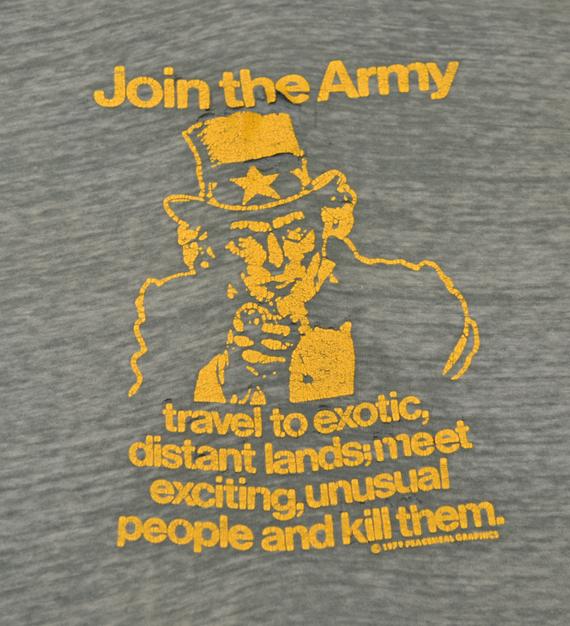
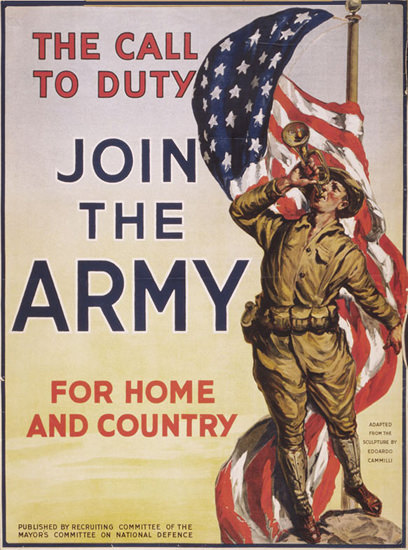
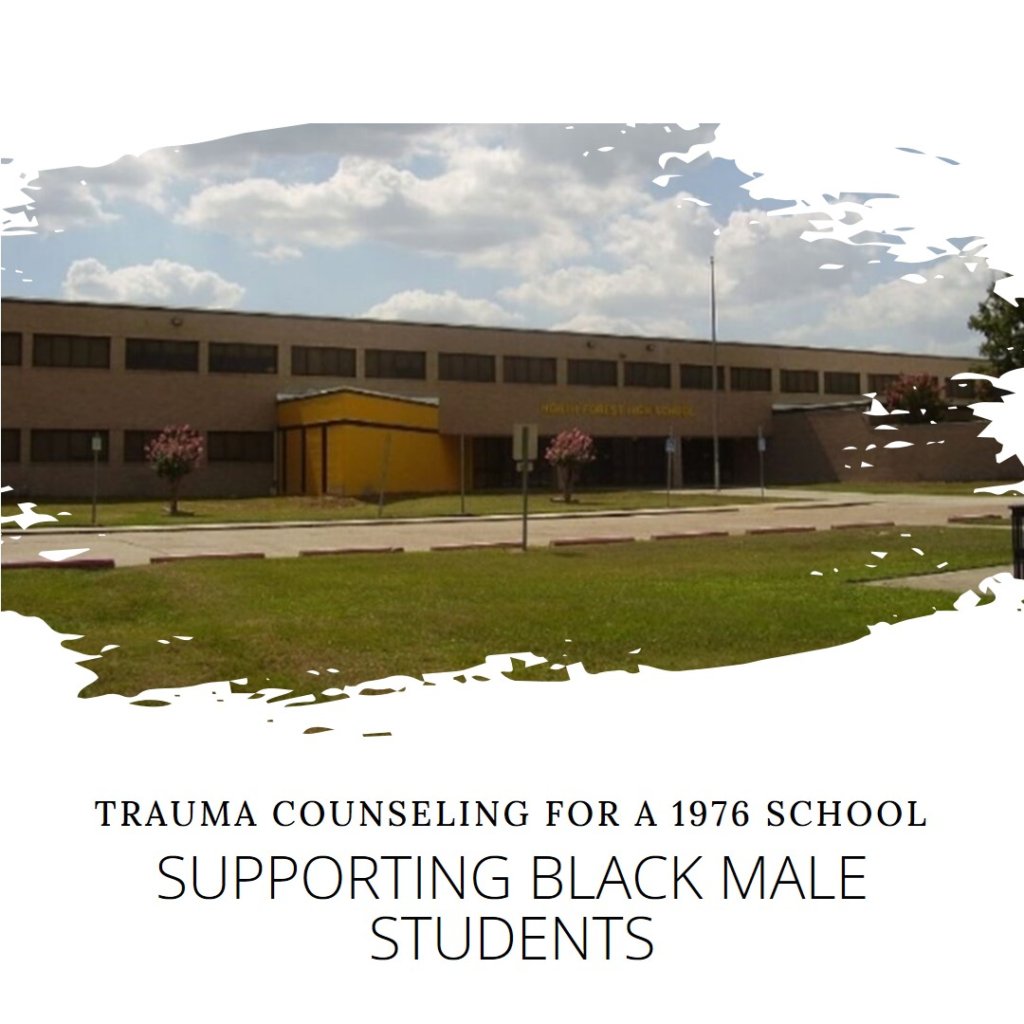
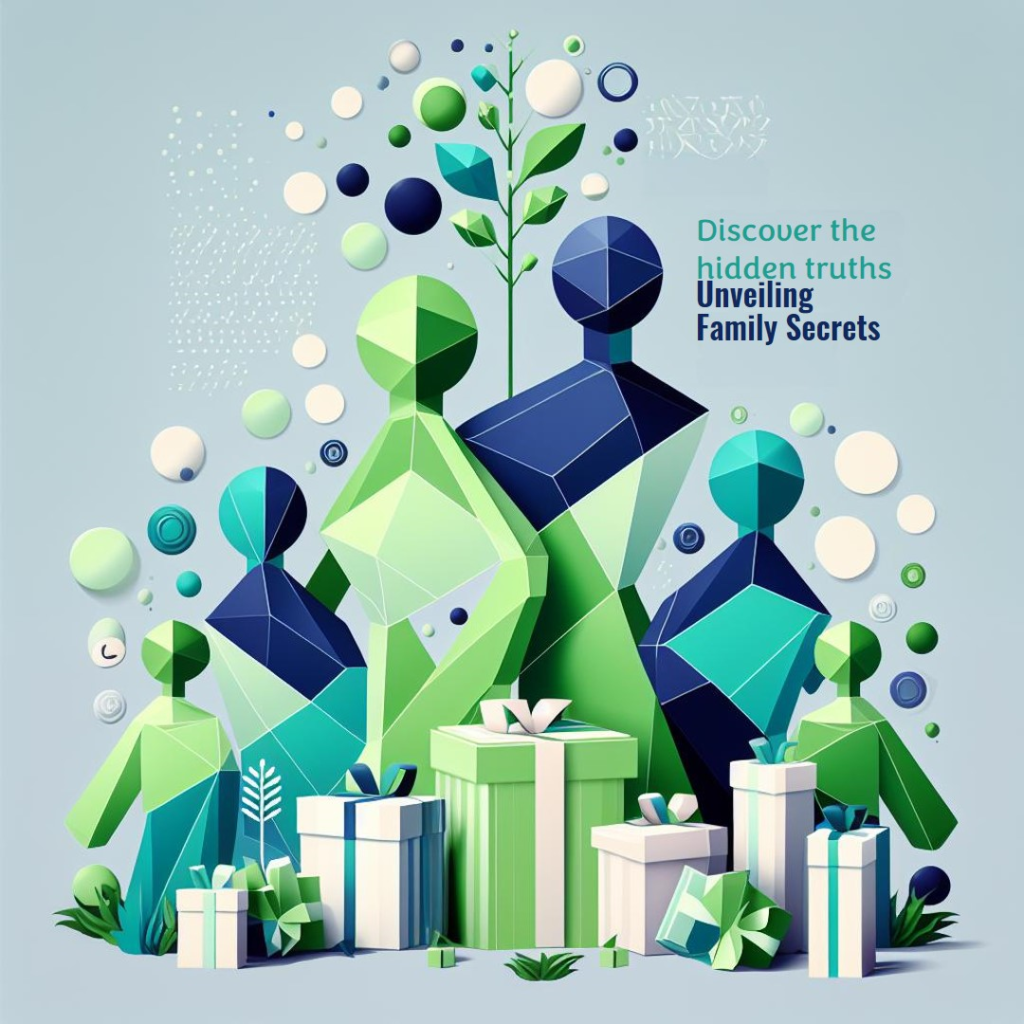

I abruptly left high school early to pursue a career in the military. When I said abruptly, I meant leaving Houston and my problems behind me. A new study finds that veterans are more likely to have bad things happen to them as kids, like being beaten or living with a parent who is drunk. Men who volunteered for the military were more than twice as likely to say they had at least one bad experience as a child as men who had never been in the military. This backs up the idea that some people join the military to escape life.
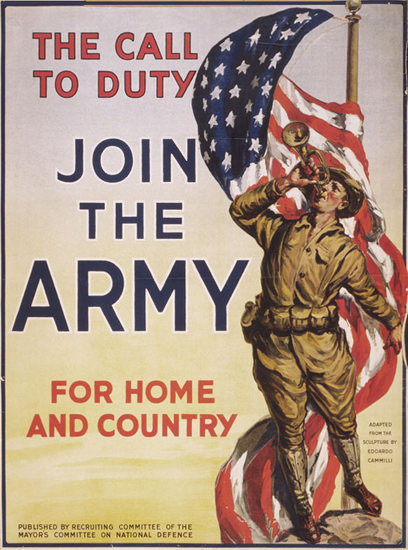
Things that happen to young people that are bad can have effects that last a lifetime, like PTSD, drug abuse, suicide attempts, and a shorter life span. (Sailor)
(Sailor)
A new study shows that men who joined the U.S. military in the last 40 years are twice as likely as other men to have been sexually abused as children and to have grown up in homes where there was drug abuse and violence. Sociologist Glen Elder from the University of North Carolina has studied why people join the military. A large CDC telephone survey from 2010 was used in the study. Over 60,000 people in ten states and DC filled out questionnaires about themselves and picked 11 “adverse childhood experiences” that related to them.
My unresolved childhood trauma took approximately 20 years to manifest and bring out the beast of addiction. To this day, I wish I had gotten some form of treatment when I was in the military the first time, and perhaps I would have been spared the horror that my life had spiraled into. Since I have been a beaconing champion when it came to children that were abused.
So, for over 20 years, it was never spoken again. It was never brought up. I hate it. And, by hiding it, it only made my life hell. And it made my life worse. Nothing that's in the dark stays in the dark. It always becomes known. And my life was in the form of my addictions. Not seeking treatment led to a failed marriage, which eventually led to substance abuse. Everyone has a story to tell, and I've heard some of the worst in group therapy when I was part of the "Camp Hope" experience. It dawned on me at once that the one thing we all had in common was that we had all been victims at some point in our lives.
When drugs finally entered our lives, at what point in our lives were we finally able to alleviate our quiet mental pain? My addiction's most severe punishment was my descent into a state of godlessness that persisted for years, resulting in the complete destruction of the life of an average American of African descent.
I felt helpless and unable to move forward. Because it felt comfortable, I made a scapegoat out of myself and my predicament. A person's tendency to become self-critical as an adult can be traced back to their inability to address their developmental requirements as children. Your formative years are among the most formative years of your life.

It is a period when you are taking in energy and picking up new habits and ways of being. When you are a kid and you are neglected or abused, or your parents don't act or care the way they should, you start blaming others for your problems. We have a natural instinct to protect ourselves when our higher selves have been traumatized. But what we do not realize is that when we are old enough to understand and make our own decisions, we no longer have to rely on our instincts for survival.
Even if it is not your fault, you have to embrace your duty to find strength in the sorrow and choose to alter your ideas so that they match the values and goals that you have set for yourself as an adult. I remind my fellow addicts that they must first feel before they can heal. As long as you do not allow yourself the time and space to recover from your past, it will remain with you and influence the way you conduct your life.
K TYler
Gratitude for the lessons you have learned throughout your life can serve as a source of inspiration and motivation. When you face your masks, you gain insight into the areas of your life where you have been sabotaging your progress. Watch the world transform around you if you take responsibility for your actions and your life. Embrace vulnerability and allow yourself to fully experience your emotions, as this is the first step towards healing and growth. By confronting your inner demons and acknowledging your past mistakes, you can pave the way for a brighter future filled with self-awareness and personal development.
Because the average person never bothered to listen to the rants and ravings of a person with acute addiction, this person goes unheard, unfelt, unseen, and is frequently estranged from his or her family. The reality is that once you fall down the rabbit hole, there is no way to return to your former status as a man or a woman. For whatever reason, you will forever remain the family's secret, whispered in the darkness of the day. While the average person struggles to understand the joys of shopping for both wants and needs, a chronic addict restricts their shopping to the most basic necessities.






The average person cannot comprehend the feeling of freedom that a chronic abuser experiences once they have freed themselves from their addiction. Everyone who has ever suffered from addiction can attest to the dramatic consequences that restored them to health.
My story began modestly. Every time I engaged in addictive behavior, I prayed. Eventually, due to my perceived insignificance and the hardening of my heart, I lost faith in God. During this period of my life, I stopped believing in God and became obsessed with proving through science that he does not exist. During this time, I also stopped attending church regularly. This perspective emerged from the many years I spent pleading with God to alleviate the suffering I was experiencing, asking, “Why me?” and “Please help me?” “Please make this pain go away” and “Please let me be happy?” were pleas that seemed to be unanswered by God. Faith keeps death in perspective and gives meaning to life.
K Tyler
A few years ago, however, a family member's encouraging words made me realize that one day I could be free from this pain, free from the burdens of addiction and the consequences that such actions always brought into my life. If you have ever watched the film "Get Out," (“Get Out”)

That was how it felt for me. I spent years trapped in my own submerged place, unaware that there was a way out. Then there was a death in the family, and I was so perplexed that I spoke with a neighbor who had survived a motorcycle accident a few months earlier. He reported having a conversation with God.
K Tyler
Despite my initial skepticism, I listened intently as he recounted how God conversed with him, as if they were two friends engaging in casual conversation. They talked about his life, and as he lay on the operating table, he said God gave him a choice: stay with him or go back to the world and be with his "girl." He said he thought about it for a moment and realized that he really loved his girl and wanted to be with her forever, so he told God that he wanted to be with her. Simultaneously, while the doctors were administering the defibrillator for the third and final time, he responded, declaring that the brilliant light had opened his eyes and restored his life. It was astounding to me that God did not take offense at his normal "hood" manner of speaking, even when he used profanity. I never imagined that God-communication would be so easy. I started questioning everything I had learned about connecting with God. Growing up, I had always believed that prayer had to be formal and filled with reverence, but now I see that God can meet us where we are, no matter our language or background.
It was a revelation that shook me to my core, and I could not help but wonder how many others had missed this profound connection because of the limitations we placed on ourselves. As I started my conversation with God, I felt a sense of liberation and a renewed sense of purpose. I felt a weight lift off my shoulders, allowing me to embrace my true self without fear of judgment or condemnation. I realized that God's love was unconditional, and it was through this neighbor that I utterly understood the meaning of "God is good."
Something you can never learn from achieving greatness in life are the lessons learned by those whose knowledge comes from a failed attempt at life. In the end, you and God are all that matter. How can you determine who truly knows your beginning and ending? The knowledge that those individuals possess is critical to the development of the species in its efforts to ensure the survival of all humanity.
A person who has truly recovered loves more because he has loved less for countless moments in time; he or she now appreciates the finesse of love and relationships and will serve that master well; he or she feels more because he has felt nothing for months, years, or even decades; and lastly, he or she has the desire to live more because he has lived less.
K Tyler
Through the bond between you and God, you come to realize the significance of His omniscience. It is through this divine understanding of our past, present, and future that individuals gain the wisdom necessary for humanity's advancement and ultimate survival. For someone who has truly overcome hardships, their capacity for love grows exponentially as they experience moments devoid of affection. This newfound appreciation for love and relationships enables them to serve the cause of love wholeheartedly. Furthermore, experiencing the emptiness of existence for extended periods motivates them to embrace every opportunity to live life to the fullest. That is how I found God again, and that's when I started to love again. That is how I re-discovered my love.

